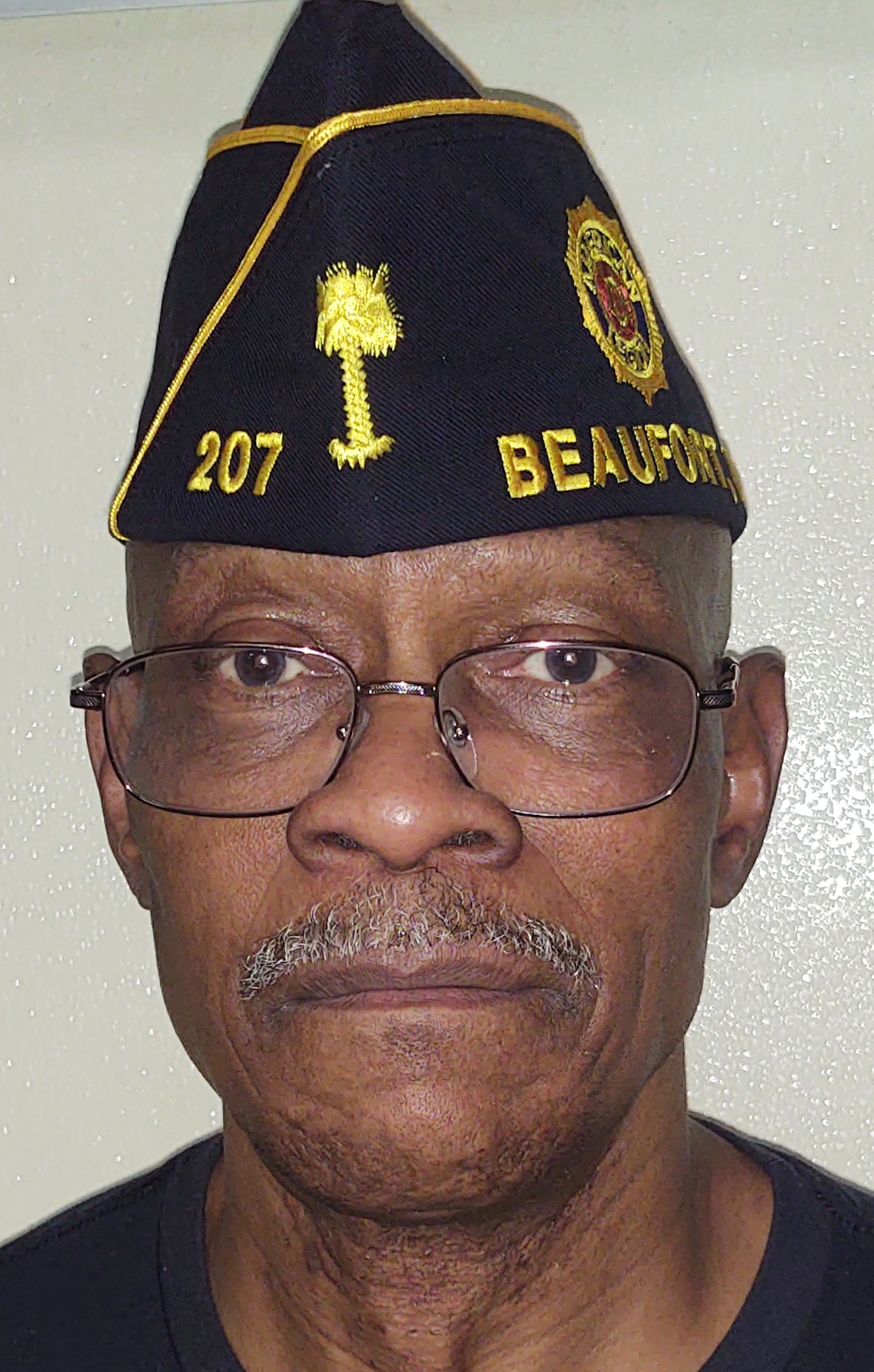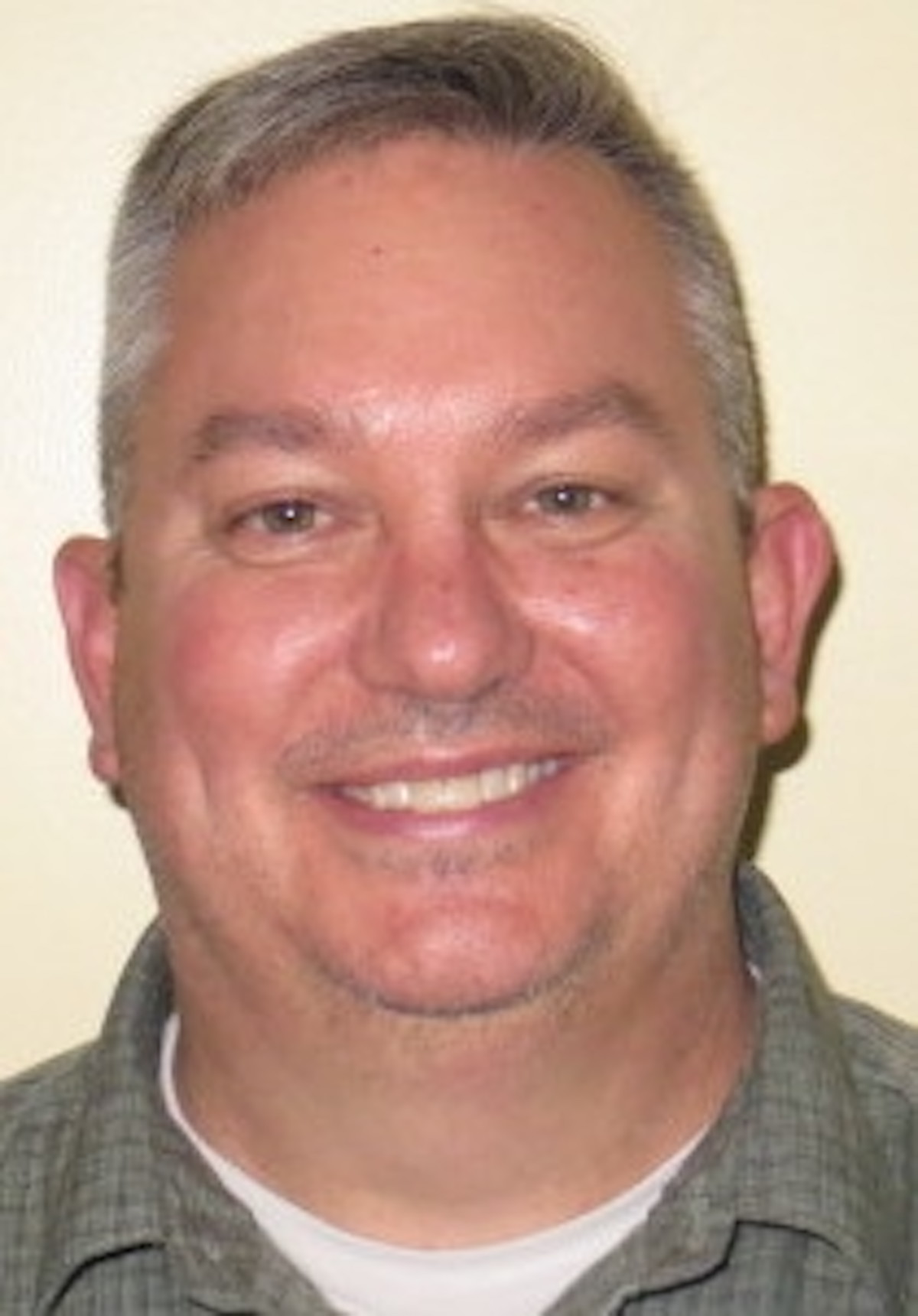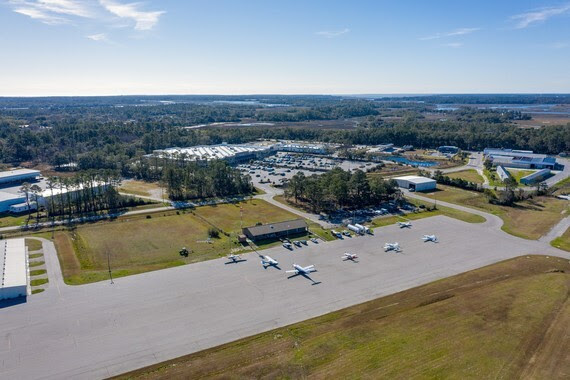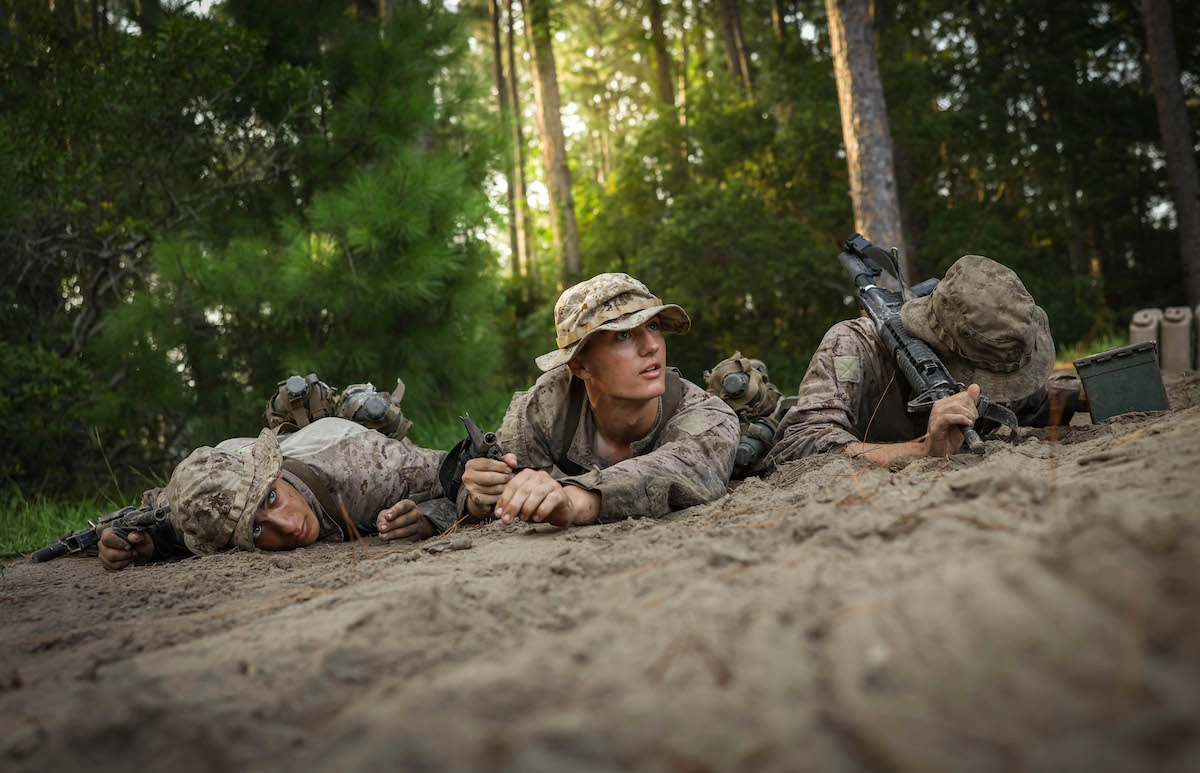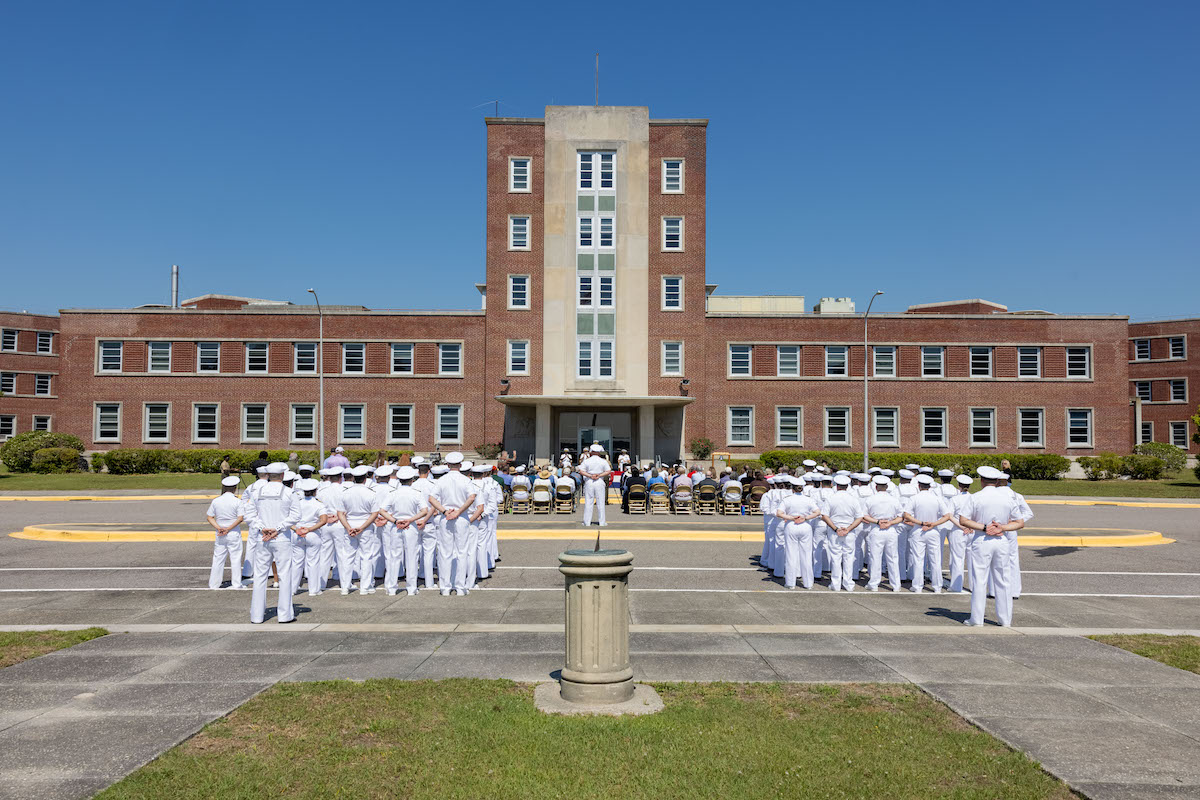By Larry Dandridge
If you developed sleep apnea while in military service or your sleep apnea was worsened by your military service, you should be able to claim sleep apnea as a service-connected disability.
Convincing evidence
However, you are going to have to give the VA evidence that the sleep apnea began while you were in service or worsened while you were in service. The best evidence will be a military medical record of you reporting the condition (symptoms) and seeing a doctor, physician’s assistant, nurse practitioner, registered nurse, medic, or other medical specialist about the problem.
You will need to prove that your sleep apnea began or worsened while in the military. The best proof will need to be either military medical records or other military records like evaluation reports, line of duty investigations, or other such records. Other forms of evidence could be doctors’ opinions, lay witness statements (spouse and battle buddies’ observations), civilian medical records, VA medical records (there is not much chance you saw the VA while on active duty), Line of Duty Investigations, accident reports, Operational Hazard Reports (OHRs), incident reports, counseling statements, personnel records (evaluation reports, etc.), and other military records.
Proving you have sleep apnea is the easier part. The hard part of your claim will be proving that you developed sleep apnea while serving in the military or that your sleep apnea was worsened by your military service.
What is sleep apnea?
According to the Mayo Clinic webpage, https://bit.ly/3rQZlHN, sleep apnea is a potentially serious sleep disorder and medical condition in which breathing repeatedly stops and starts. If you snore loudly and feel tired even after a full night’s sleep, you might have sleep apnea.
The symptoms of sleep apnea include loud snoring, episodes in which a person stops breathing during sleep (which would be reported by another person), gasping for air during sleep, awakening with a dry mouth, morning headache, difficulty staying asleep, excessive daytime sleepiness, difficulty paying attention while awake, and irritability.
Complications (Secondary Conditions)
According to medical experts, the following health and safety conditions can be caused by or worsened by sleep apnea.
- High blood pressure or heart problems, daytime fatigue, Type 2 diabetes, metabolic syndrome, liver problems, fatigue, and complications with medicines and surgery.
- Abnormal cholesterol levels, high blood sugar, and an increased waist circumference.
- Increased risk of recurrent heart attack, stroke, and irregular heartbeats, such as atrial fibrillation.
- Increased risk of motor vehicle and workplace accidents.
Do not forget to file for Secondary Health Conditions
If you have a VA service-connected sleep apnea award (VA disability rating) and you have any of the above complications, you may be able to file for service connection as a secondary condition for one of those conditions (complications). You can also file a claim for sleep apnea as a secondary condition (broken nose during military service, etc.).
Not caused by HAZMAT
According to the VA SITREP YouTube Videos on sleep apnea, sleep apnea is not caused by Agent Orange, burn pits, or other hazardous materials exposure. Sleep apnea is caused by a person’s anatomic posterior pharynx (back wall of the throat) and their weight and genetics.
PTSD does not cause sleep apnea
According to the VA’s YouTube Video, the SITREP, titled Does Sleep Apnea Make PTSD Worse? – PTSD does not cause sleep apnea but sleep apnea could make PTSD worse.
Ask a Veterans Service Officer (VSO) for help
VSOs are experts in VA benefits and how to file for those benefits – and how to appeal VA decisions that you disagree with. VSOs are background checked, have to pass a comprehensive examination, and are trained by the VA, the State Department of Veteran Affairs, and Veterans Service Organizations like the American Legion, the Veterans of Foreign Wars (VFW), American Veterans (AMVETS), Disabled American Veterans (DAV), and others.
Veterans can find S.C. County VSOs at https://bit.ly/3qbLVSL and they can find Georgia VSOs at https://bit.ly/44KMVA7. They can search for VA-accredited representatives nationwide at https://bit.ly/3QnCk5M and they can search for VA-accredited representatives at VA Regional Offices at https://bit.ly/3TahNn1.
Some S.C. VSOs in the footprint of The Island News include:
- Beaufort County: 100 Clear Water Way, Beaufort, S.C. 29906, 843-255-6880, FAX 843-255-9445, website https://bit.ly/3ryd5qS (Dr. Caroline P. Fermin is the new Director of that office).
- Beaufort DAV Chapter VSO Michael Vergantino, 843-301-2543 and mlv1030@gmail.com.
- Jasper County: Alton Jenkins, 651 Grays Highway, Ridgeland, S.C. 29936843-726-7727,ajenkins@jaspercountysc.gov and jcwebsite@jaspercountysc.gov.
- Colleton County: 219 S. Lemacks Street, Suite 124, Walterboro, S.C. 29488, Janet Smith, 843-549-1412, cvao@colletoncounty.org.
- Charleston County: Lonnie Hamilton III Public Service Building, Suite B-154, 4045 Bridge View Drive, N. Charleston, S.C. 29405, David LeBlanc, 843-974-6360, vaoffice@charlestoncounty.org.
- Hollywood and Edisto Island: American Legion Post VSO Charlie Tupper, 843-709-7523, Charles.R.Tupper@gmail.com.
- Hampton County: Sharon Johnson, 201 Jackson Ave. West, Hampton, S.C. 29924, 803-914-2085/2087, sjohnson@hamptoncountysc.org.
- Dorchester County: Johnny K. Brown, 500 N. Main Street, Summerville, S.C. 843-832-0050, JKBrown@dorchestercountysc.gov (also in St. George at 201 Johnson St., St. George, S.C. (Tuesdays only), 843-563-0116.
- Berkeley County: Gerald Baxley, 212 Oakley Plantation Drive, Moncks Corner, S.C. 29461, 843-377-8506, gerald.baxley@berkeleycountysc.gov.
Some Georgia VSOs in the footprint of The Island News.
- Chatham County, Ga.: Office Manager Miguel Rivera (Bi-Lingual), 912-920-0214, Ext. 2412191, FAX: 912-921-2016, Miguel.rivera5@va.gov, 1170 Shawnee Street, Savannah, Ga. 31419. Also, VSO Sheri Shellman, 912-920-0214 Extension 412194, and VSO Robert Jones 912-920-0214 extension 412193. This office is located in the Savannah VA Outpatient Clinic.
- Liberty County & Hinesville, Ga.: Shannon Daniels, 912-408-2948, shannon.daniels@vs.state.ga.us, and Dennis Boothe, 912-408-2900 ext. 352750, dennis.boothe@vs.state.ga.us, 500 East Oglethorpe Highway, Hinesville, Ga. 31313. Located inside the Hinesville VA Community-Based Outpatient Clinic (CBOC).
- Brunswick Ga.: Veterans Field Service Office (located in the VA Community Based Outpatient Clinic), 93 Benchmark Way, Brunswick, Ga., 31520, Office Chief Stephanie Jordon, Phone: 912-264-7360, Email: stephanie.jordan1@vs.state.ga.us.
Helpful References
US Department of VA YouTube Video 2 Sep 2021, #theSITREP, How is Sleep Apnea Treated?
US Department of VA YouTube Video 31 Au 2021, #theSITREP, Do Military Exposures Cause Sleep Apnea?
US Department of VA YouTube Video 30 Aug 2021, #theSITREP, Does Sleep Apnea Make PTSD Worse?
Sleep Apnea Disability Benefits Questionnaire, https://www.benefits.va.gov/compensation/docs/Sleep_Apnea.pdf.
Larry Dandridge is a Vietnam War wounded warrior, disabled veteran, ex-Enlisted Infantryman, ex-Warrant Officer Pilot, and retired Lt. Colonel. He is a past Veterans Service Officer, a Patient Adviser at the RHJ VA Hospital, the Fisher House Charleston Good Will Ambassador, and the VP for Veteran Affairs for the local Army Association Chapter. Larry is the author of the award-winning book Blades of Thunder and a contributing free-lance writer with the Island News. Contact him at LDandridge@earthlink.net or 843-276-7164.



